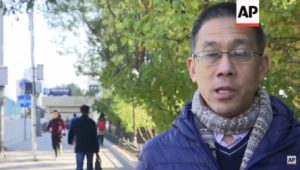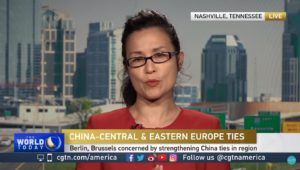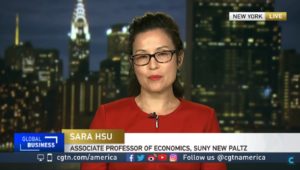 |
| Ian Johnson |
Indepthnews.net
Against this background, Chinese President Xi Jinping's One Belt One Road (OBOR) initiative, also known as the Belt and Road Initiative (BRI), unveiled in 2013, has provided the countries of the wider region with a new challenge as well as a unique opportunity to fast track their economies along the path to development. An investment bonanza is being made available under the BRI, especially for the countries along the ancient Maritime Silk Road.
Coupled with the investment-driven BRI, China has also subtly begun to underline its cultural and religious links in the wider region. A soft power caress of the region! According to Ian Johnson, author of The Souls of China, President Xi Jinping has embraced religious faith as part of his "Chinese Dream" and the "Belt and Road Initiative". The nominally atheist Chinese Communist Party has now recognised that religion in Chinese history was a powerful tool in domestic governance and international diplomacy. For Xi's "rejuvenation" of the Chinese nation and national culture after the "Century of Humiliation", this mix of faith and politics constitutes a "re-imagining of the political-religious state that once ruled China".
When Xi Jinping's father, Xi Zhongxun, was head of the party's religious work beginning in 1980, China's Central Committee issued the famous Document 19 warning party members against banning religious pursuits because it would isolate the Chinese people. Ever since, China has been restoring places of worship destroyed in the Cultural Revolution.More in Indepthnews.net
Ian Johnson is a speaker at the China Speakers Bureau. Do you need him at your meeting or conference? Do get in touch or fill in our speakers' request form.
Are you looking for more experts on China's outbound investments? Do check out this list.



















